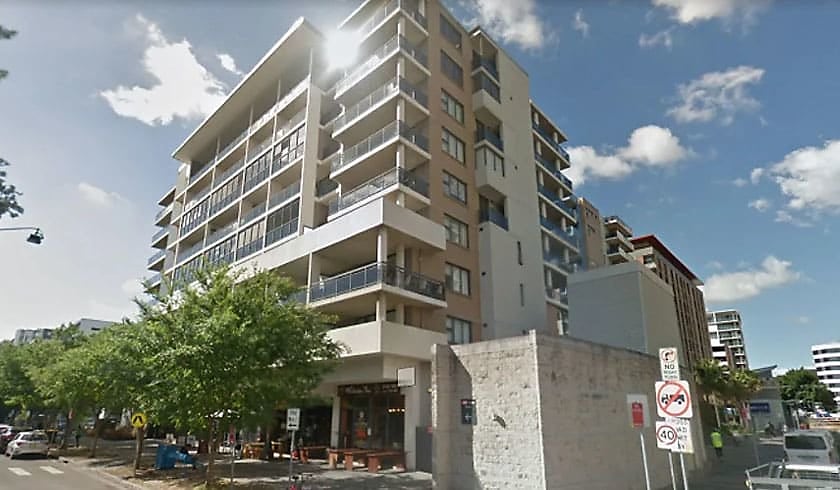Building defects: In the aftermath of Mascot Towers, how has the industry changed?
It’s been three years since residents in Mascot Towers were forced to evict their homes, leaving many in limbo and causing a huge emotional and financial toll on unit owners.

Moves are being made to clean up the industry, with the NSW Building Commissioner David Chandler introducing the developer rating tool iCIRT and a number of project working groups underway to help remediate building defects. Even with all of these steps underway, another Mascot Towers could easily happen again if we’re not careful.
The problem of building defects is widespread in NSW. Research we conducted with the Office of the Building Commissioner found one-third (39 per cent) of new strata buildings have serious defects, representing an average cost of approximately $331,829 per building, according to the survey of 1,400 strata managers.
The most common barriers to resolving defects were sourcing funds (15 per cent), lack of awareness about rights and responsibilities (14 per cent), and disagreement amongst the owners corporation on the approach that should be taken (10 per cent).
The data highlights that the current process of defect rectification is causing unnecessary strain and cost to owners, with strata managers often responsible for steering owners through it.
The Office of the NSW Building Commissioner seeks to simplify this complexity and is encouraging all apartment owners affected by defects to notify their office so defects can be addressed efficiently and cost-effectively.
One initiative is Strata Hub, a new scheme reporting online tool enabling all 83,000 owners corporations in NSW to provide key information about their strata scheme annually. The Strata Hub is an initiative of the NSW government to provide better transparency, accountability, better regulation and more engagement for owners and residents of strata schemes in NSW.
Strata Community Association (NSW) has also been working closely with the government to ensure that owners’ guides are developed, which outline their roles and responsibilities. These guides, co-branded with the government, focus on providing knowledge and direction within key areas of strata living. Consumer complaints systems are also being strengthened to help build a culture with high-performance standards and outcomes in the property industry.
Aside from defects, owners do have a role to play in the long-term maintenance of their strata scheme. Responsible financial planning will allow a proactive approach to maintenance so matters can be addressed when the need arises, rather than when funds permit. We need to look no further than the collapse of Champlain Towers — the Miami apartment block — that tragically killed 98 innocent residents in June 2021 to see firsthand the importance of responsible financial planning by strata owners. Decades of poor financial management led to procrastination by the condo association, which was reluctant to raise the required emergency levies to effect necessary repairs.
Every resident and owner should have confidence that they are living in or own a high-quality dwelling. They should also have the reassurance that if there is a building defect, it will be resolved quickly and effectively.
At SCA (NSW), we are committed to advocating for consumers and will continue to work hand in glove with David Chandler and NSW Fair Trading to ensure that every resident and home owner has a safe place to live — now and into the future.
Stephen Brell is the president of SCA (NSW) and managing director of NetStrata, with over two decades of industry experience.